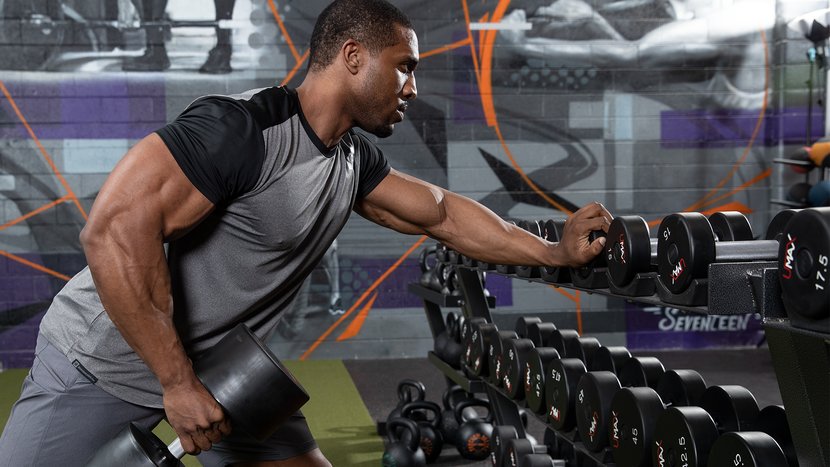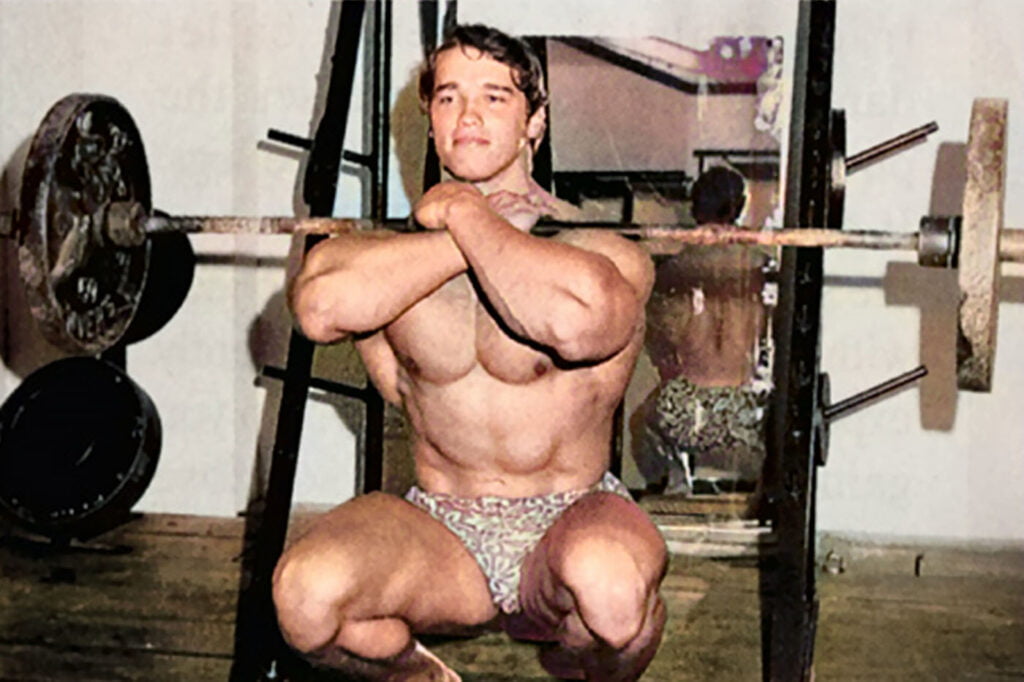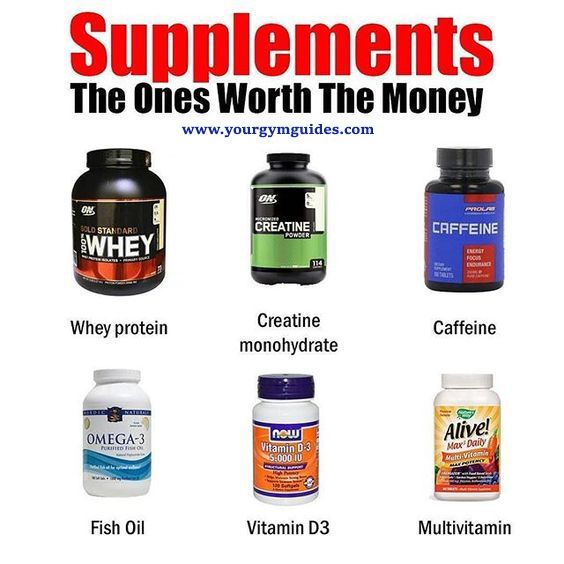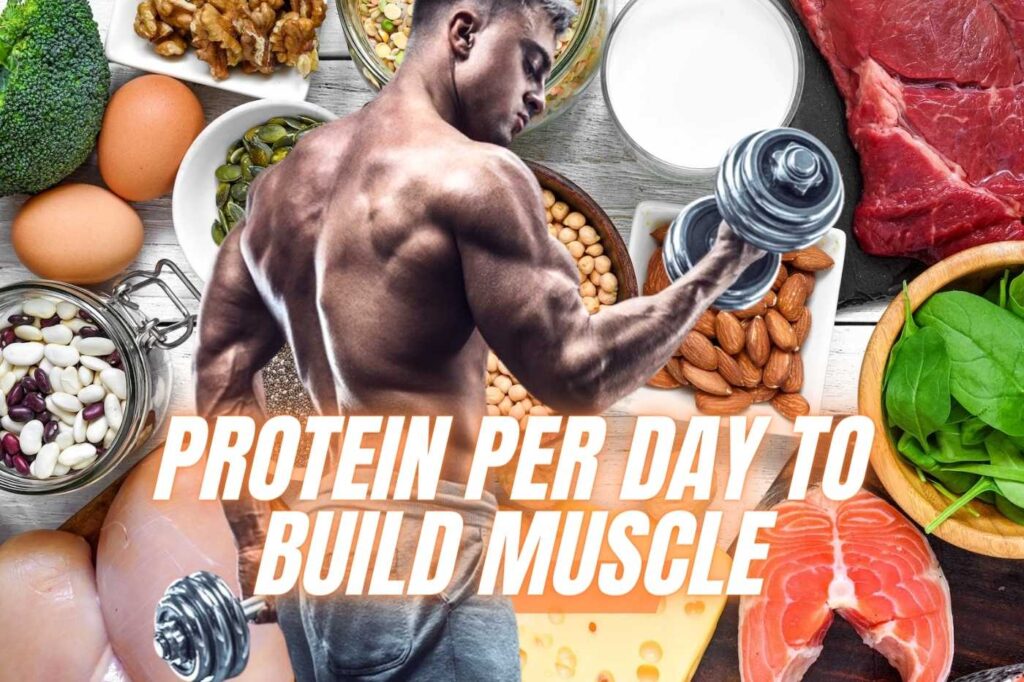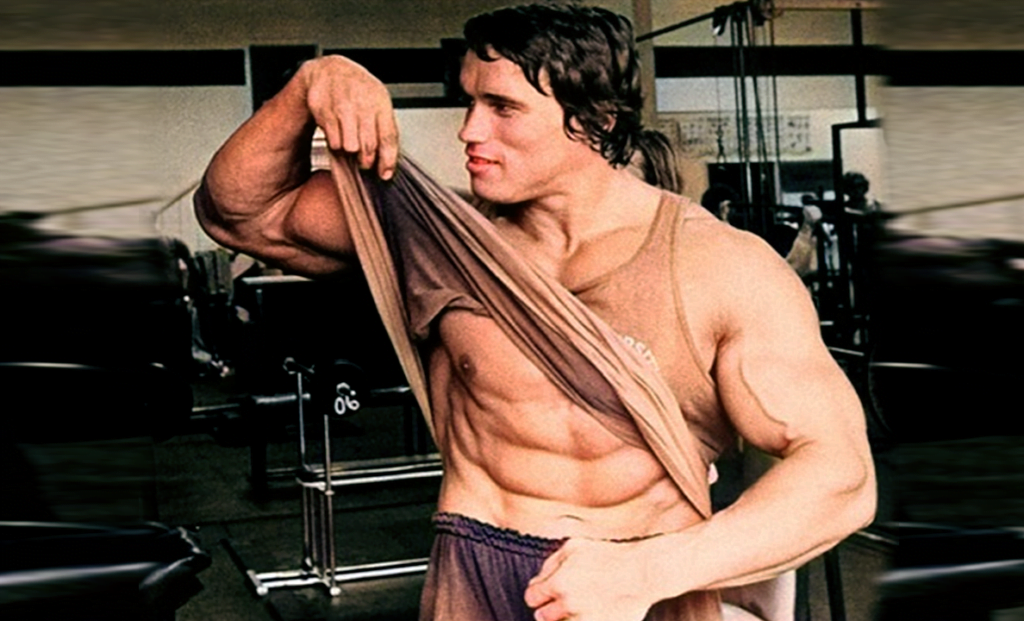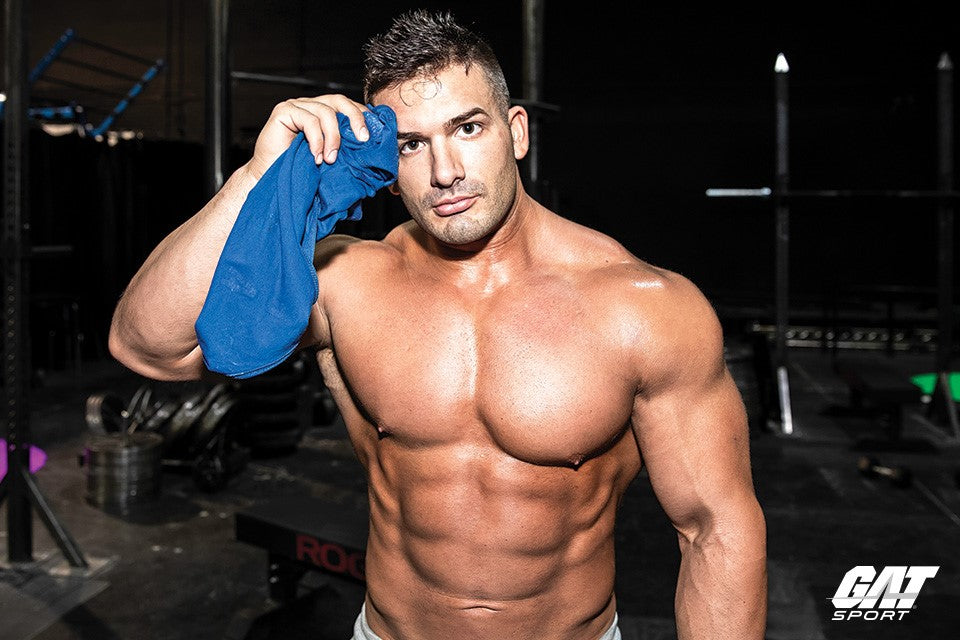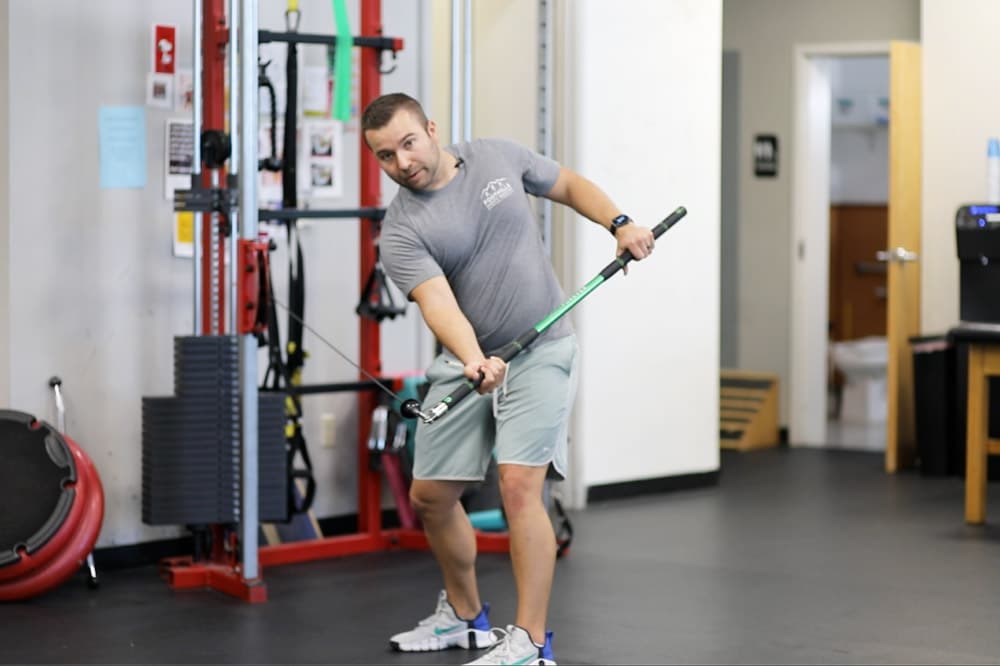For keto bodybuilding, aim for 1.6 to 2.2 grams of protein per kilogram of body weight. This supports muscle growth and recovery.
Keto bodybuilding combines a high-fat, low-carb diet with rigorous strength training. Achieving the right protein intake is crucial for muscle building and repair. Consuming too much protein can kick you out of ketosis, so balance is key. Most experts recommend 1.
6 to 2. 2 grams of protein per kilogram of body weight. This range helps maintain muscle mass while still allowing the body to stay in a state of ketosis. It’s essential to monitor your protein intake carefully to optimize both muscle growth and ketosis. Proper planning and tracking can ensure you meet your fitness goals effectively.
Introduction To Keto Bodybuilding
Keto bodybuilding requires a careful balance of protein intake to support muscle growth. Adequate protein ensures muscle maintenance while staying in ketosis.
What Is Keto Diet?
The keto diet is a low-carb, high-fat diet. It helps the body burn fat for energy. This process is called ketosis. Carbs are limited to about 20-50 grams per day. Fat intake is high to make up for the low carbs.
Benefits For Bodybuilders
Keto bodybuilding helps reduce body fat while keeping muscle. A high-fat diet provides steady energy. It also helps with recovery after workouts. The keto diet reduces inflammation, which is good for muscles. Bodybuilders often see better muscle definition on keto.
Understanding Protein Needs
Protein helps build and repair muscles. It’s very important for those doing keto bodybuilding. Muscles need protein to grow strong. Without enough protein, muscles won’t grow well. Protein also helps with feeling full. This can stop you from eating too much.
The amount of protein you need can vary. It depends on your weight and activity level. A common rule is to eat 0.8 grams of protein per pound of body weight. For example, a 150-pound person needs about 120 grams of protein daily. Eating the right amount of protein helps in muscle growth and recovery.
Calculating Protein Intake
Body weight is the first factor. Heavier people need more protein. Activity level is the second factor. Active people need more protein. Age also matters. Younger people build muscle faster. Gender plays a role too. Men usually need more protein than women. Finally, fitness goals matter. People aiming to build muscle need more protein.
One method uses grams per kilogram of body weight. This method is simple. Multiply your weight in kilograms by 1.6 to 2.2. Another method uses calories. Multiply your daily calories by 0.25 to 0.3. This gives you the grams of protein you need. Online calculators can also help. Input your details and get your protein needs.
Sources Of Protein On Keto
Animal-based proteins are rich in essential amino acids. Chicken and turkey are excellent options. They are low in carbs and high in protein. Beef and pork also offer high protein content. Fish like salmon and mackerel are keto-friendly. They provide omega-3 fatty acids. Eggs are versatile and packed with protein. Dairy products like cheese and Greek yogurt are also great choices.
Plant-based proteins can also fit into a keto diet. Tofu and tempeh are popular soy-based options. They are low in carbs and high in protein. Nuts and seeds like almonds and chia seeds offer protein and healthy fats. Green vegetables like spinach and broccoli contain small amounts of protein. Protein powders made from peas or hemp can be useful. These options help maintain protein intake without animal products.
Timing Protein Consumption
Consuming the right amount of protein is crucial for keto bodybuilding. Aim for 1. 6 to 2. 2 grams per kilogram of body weight daily. Spread intake evenly throughout the day to maximize muscle growth and recovery.
Pre-workout Protein
Consuming protein before a workout can boost muscle growth. Aim for 20-30 grams of high-quality protein. This amount helps fuel your body and improves performance. Protein shakes or a small meal with eggs work well. Ensure the protein source is low in carbs to stay in ketosis.
Post-workout Protein
Post-workout protein is crucial for muscle recovery. Within 30 minutes, consume 25-40 grams of fast-digesting protein. This helps repair muscles and promotes growth. Whey protein shakes are a good choice. Pair it with a small amount of healthy fats for better absorption.
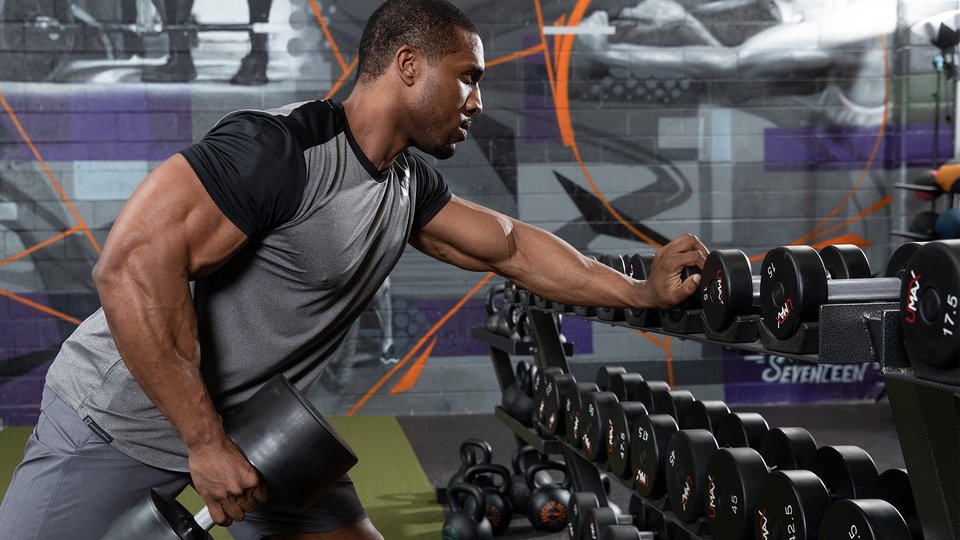
Credit: www.bodybuilding.com
Balancing Macros
Carbs must be low to keep the body in ketosis. Usually, limit carbs to 5-10% of total calories. This helps in burning fat for fuel. Fat intake should be high, around 70-75% of total calories. Healthy fats include avocados, nuts, and olive oil. This ensures the body stays in ketosis and uses fat for energy.
Protein intake should be moderate, around 20-25% of total calories. Too much protein can kick you out of ketosis. Choose lean proteins like chicken, fish, and tofu. This helps to build and repair muscles. Keep track of your macros daily. This ensures you stay in ketosis and achieve your bodybuilding goals.
Supplementing Protein
Protein powders are a convenient way to get enough protein. They are easy to use and mix. Many bodybuilders use them daily. There are many types of protein powders. Some are made from whey, while others are plant-based. Whey protein is very popular. It helps in muscle recovery and growth. Plant-based options are good for vegans. Choose a powder that fits your diet and goals.
Amino acids are the building blocks of protein. There are essential and non-essential amino acids. Essential amino acids must come from your diet. Your body cannot make them. Non-essential amino acids can be made by the body. Both types are important for muscle growth. Branched-chain amino acids (BCAAs) are very useful. They help reduce muscle soreness and speed up recovery. Many protein powders include BCAAs. Always check the label to ensure you get all necessary amino acids.
Common Mistakes
Too much protein can kick you out of ketosis. The body converts excess protein to glucose. This process is called gluconeogenesis. It can spike blood sugar levels. It can also reduce the fat-burning effect of ketosis. Aim for a balanced intake of protein.
A good keto diet needs a balance of nutrients. Focus on eating healthy fats, proteins, and low-carb vegetables. Lack of balance can lead to nutrient deficiencies. This can affect your muscle growth and overall health. Make sure your diet is varied and balanced.
Monitoring Progress
Keep a food journal to track protein intake. Write down everything you eat. Use apps to make it easier. This helps see how much protein you get. Check labels on food packages. They tell you the protein amount. Look for foods high in protein.
Sometimes, you may need to change your diet. Maybe you need more protein. Add foods like eggs, chicken, and fish. If you get too much protein, eat less meat. Balance is key for keto and bodybuilding. Always aim for the right protein amount. Listen to your body. It tells you what it needs.

Credit: www.eatlegendary.com

Credit: www.muscleandstrength.com
Frequently Asked Questions
How Much Protein Do I Need To Build Muscle On Keto?
To build muscle on keto, aim for 0. 6 to 1. 0 grams of protein per pound of body weight daily.
Is 100 Grams Of Protein Too Much On Keto?
100 grams of protein is generally safe on keto. Protein needs vary based on activity level and goals. Consult a nutritionist.
Is 150 Grams Of Protein Too Much For Keto?
150 grams of protein can be excessive for keto. It may kick you out of ketosis. Aim for moderate intake based on your needs.
Is 25 Protein Too Much For Keto?
No, 25% protein is not too much for keto. Aim for 20-25% protein to maintain ketosis.
Conclusion
Balancing protein intake on a keto bodybuilding diet is crucial. Aim for 1. 2 to 2. 2 grams per kilogram of body weight. Adjust based on individual goals and activity levels. Remember, quality sources of protein are essential. Proper protein management ensures muscle growth and fat loss.
Stay consistent for optimal results.

